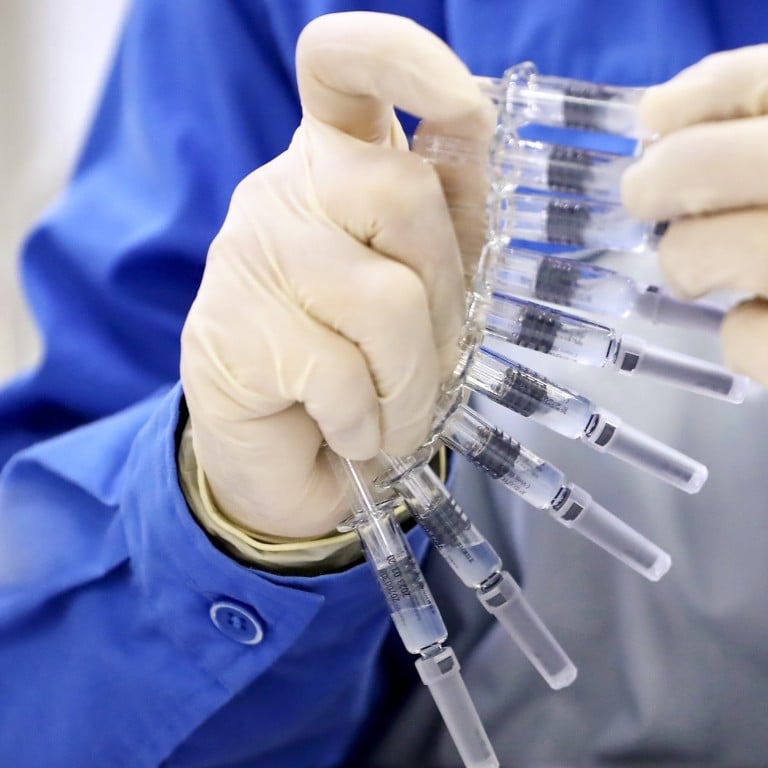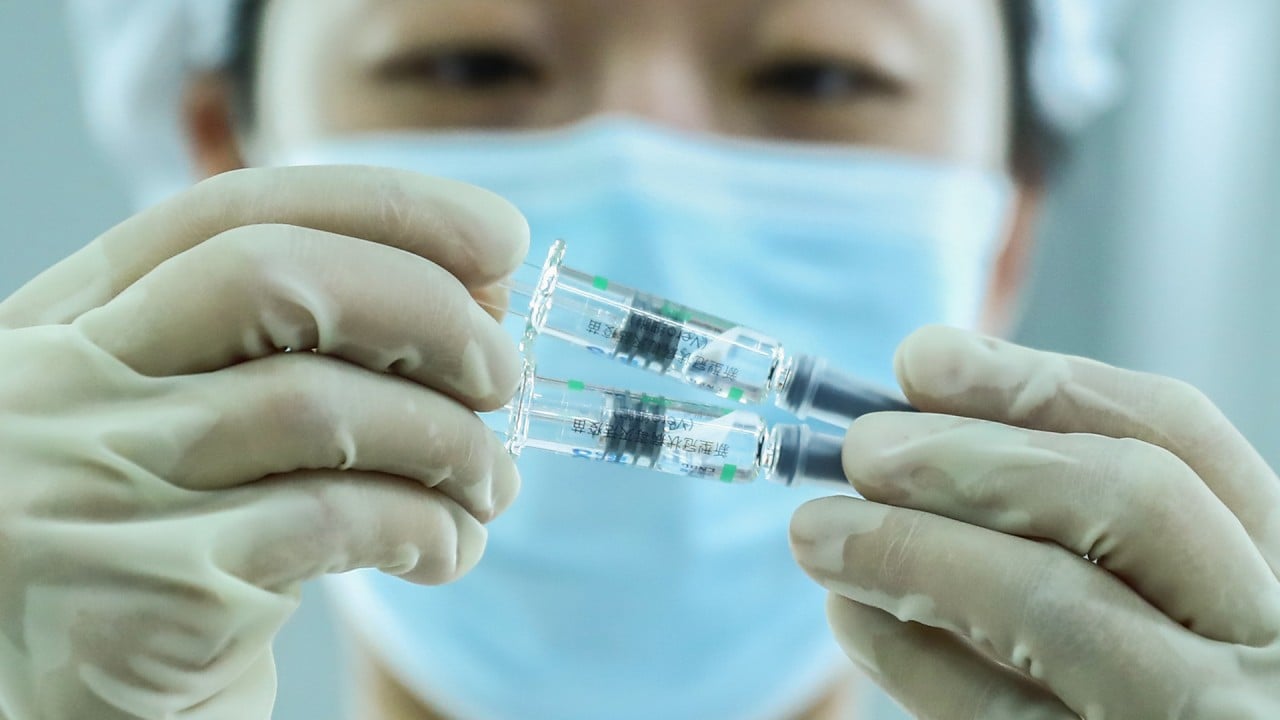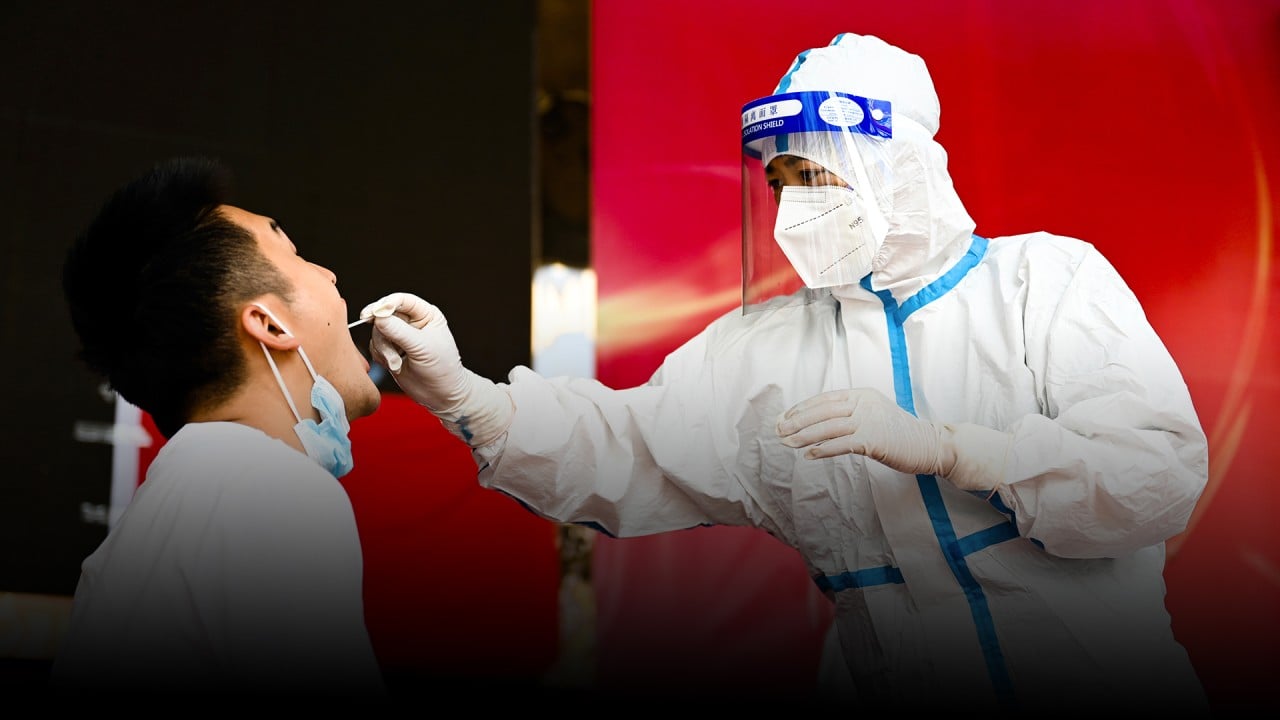
China to allow vaccine-mixing for Covid-19 booster shots
- ‘Optimal immunisation combination’ to come soon, says head of China’s Covid-19 vaccines task force
- Faster vaccination of the elderly and booster doses in focus as country seeks way out of strict pandemic controls

02:01
China considers mixing Covid-19 vaccine types to boost effectiveness
“While sequential boosting increases levels of neutralising antibodies even more, [using] the same technology is relatively better tolerated.”
Neutralising antibodies are an indicator of immediate immunity protection against a virus.
“We believe that we will achieve better results in the prevention of severe illness and death by boosting immunisation with the same or different technological platforms, regardless of [coronavirus] variants. So we will introduce an optimal combination of booster vaccines … and I think we should see the results soon.”

06:05
As more countries ditch ‘zero-Covid’ policy, why is China opting to ‘wait and see’?
Nearly 38 million Chinese had received booster shots as of earlier this month. All received a dose of the same technology out of the four approved vaccines in China – two inactivated vaccines from Sinopharm and another from Sinovac, as well as a viral vector variety from Tianjin-based CanSino Biologics.
CanSino is likely to benefit from the possible strategy change on booster doses, as its single-dose shot is the only approved vaccine to use a different technology from the inactivated varieties.
In a statement last week, CanSino said trials had shown that its booster dose could induce higher levels of neutralising antibodies than inactivated vaccines.
Chinese study says mixed vaccine booster produced stronger response
Zheng’s remarks also offer hope for possible regulatory approval for an mRNA vaccine jointly developed by Germany’s BioNTech and China’s Fosun Pharma.
Shanghai-based Fosun has been licensed to distribute and locally produce the vaccine, which is being marketed globally by Pfizer. Requested trials and technical review in China were complete and an administrative review was pending, according to Fosun in July.
Some countries where inactivated vaccines were initially used – such the United Arab Emirates, Brazil and Indonesia – have offered mRNA or viral vector vaccines as boosters.

Zheng said in the CCTV interview that, in spite of the high vaccination rate in China, the immunisation campaign was being held back by low uptake among the elderly, who are at much higher risk of serious illness and death from Covid-19.
“Only in this way will we be able to take the initiative and gain time to adjust our national strategy for the prevention and control of the pandemic.”


